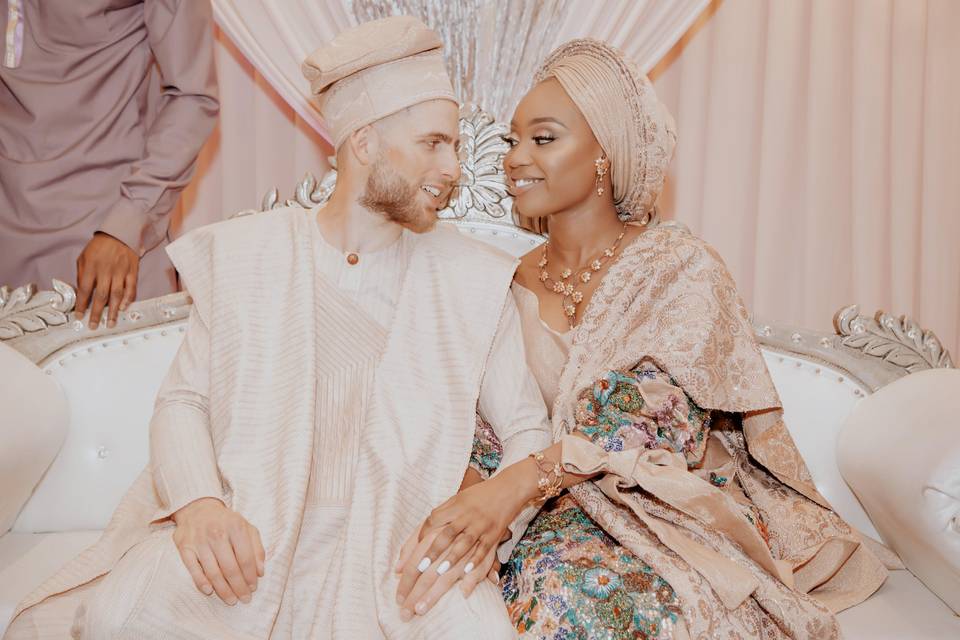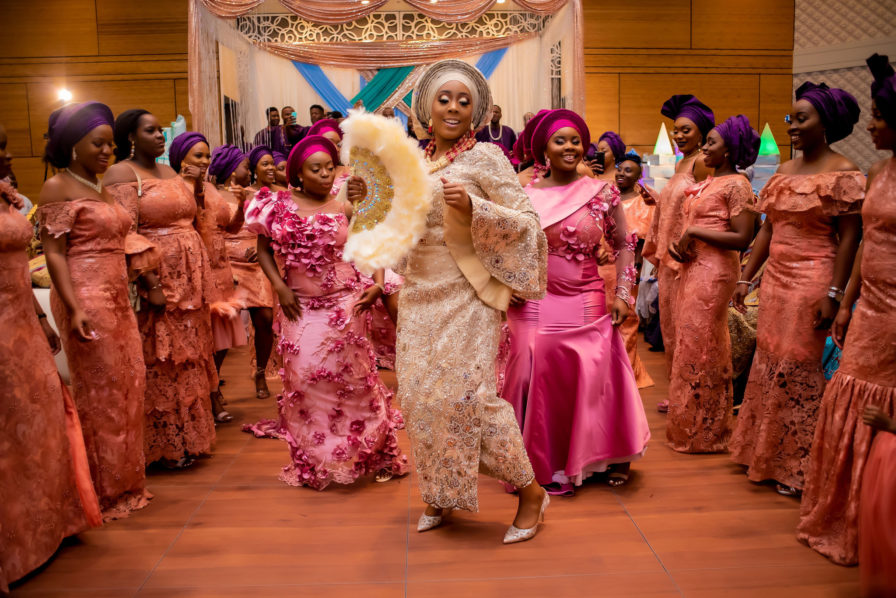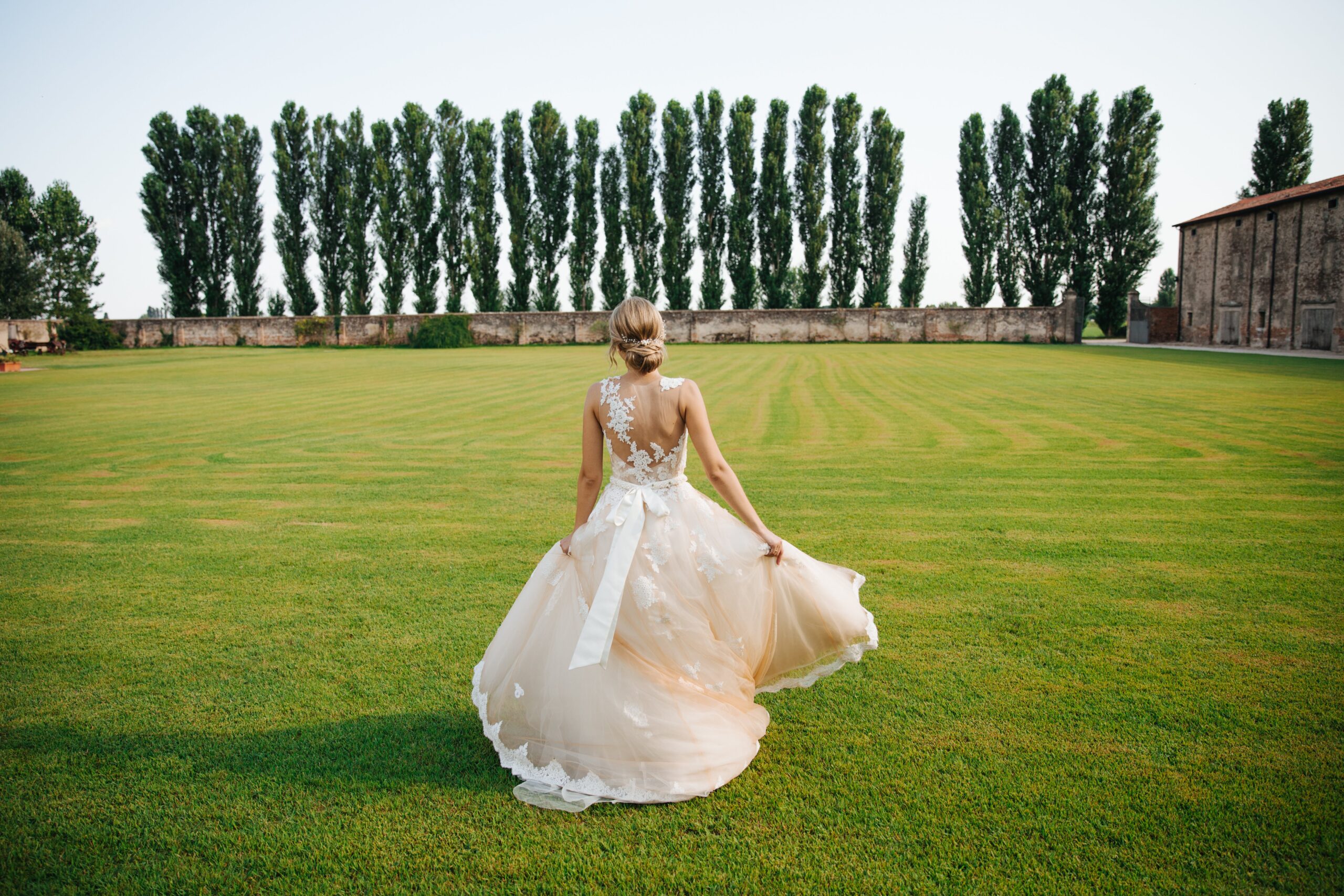Nigerian wedding are diverse and unique, as Nigeria is a country with over 250 ethnic groups, each with its own cultural practices and traditions. Marriage in Nigeria is considered a significant social and cultural institution, and it is typically a large and joyous celebration.

Diversity:
Nigeria is known for its cultural and ethnic diversity, and this diversity is reflected in its wedding traditions. The type of marriage ceremony and customs can vary significantly from one region or ethnic group to another.
Arranged Marriages vs. Love Marriages:
In many Nigerian cultures, arranged marriages are still prevalent, where families play a significant role in matchmaking. However, love marriages, where the couple chooses each other, are becoming more common, particularly in urban areas.

Ceremonial Celebrations:
Nigerian weddings are elaborate and involve a series of ceremonies and celebrations. The most common traditional wedding ceremonies include the engagement ceremony, the introduction ceremony, and the wedding ceremony. These events can span several days and involve various rituals and festivities.
Bride Price/Dowry:
In many Nigerian cultures, the groom is expected to pay a bride price or dowry to the bride's family. This is a symbolic gesture signifying the groom's ability to take care of the bride.

Nigerian Wedding Traditional Attire:
Traditional clothing plays a significant role in Nigerian weddings. The bride and groom typically wear traditional attire that reflects their cultural heritage. For example, the Yoruba people have their traditional “aso-oke” fabric, while the Igbo have the “gele” and “isiagu” attire.
Religious Diversity:
Nigeria is religiously diverse, with Christianity and Islam being the two dominant religions. Consequently, religious practices and ceremonies play a central role in many Nigerian weddings. There are also some indigenous African religious traditions that are followed by certain ethnic groups.

Feasting and Music:
Food and music are essential components of Nigerian weddings. There is often a lavish feast with a wide variety of traditional dishes, and music and dancing are central to the celebration. Live bands, drummers, and traditional dancers are common features.
Guest List:
Nigerian weddings tend to be large, with a long list of invited guests, including extended family members, friends, and well-wishers. Guests are expected to bring gifts or money for the couple.

Modern Influences:
In urban areas, many Nigerian couples incorporate modern elements into their wedding, such as Western-style wedding gowns and suits, wedding planners, and lavish venues. However, traditional elements are still preserved.
Legal Requirements:
In addition to the traditional and cultural aspects, Nigerian couples must also fulfill legal requirements for their marriages to be recognized by the state. This often involves obtaining a marriage license and having a civil ceremony.

Nigerian weddings are known for their rich cultural heritage, vibrant celebrations, and strong family ties. The specific customs and traditions can vary greatly depending on the region and the ethnic group involved, but they all share a common emphasis on unity, family, and community.











